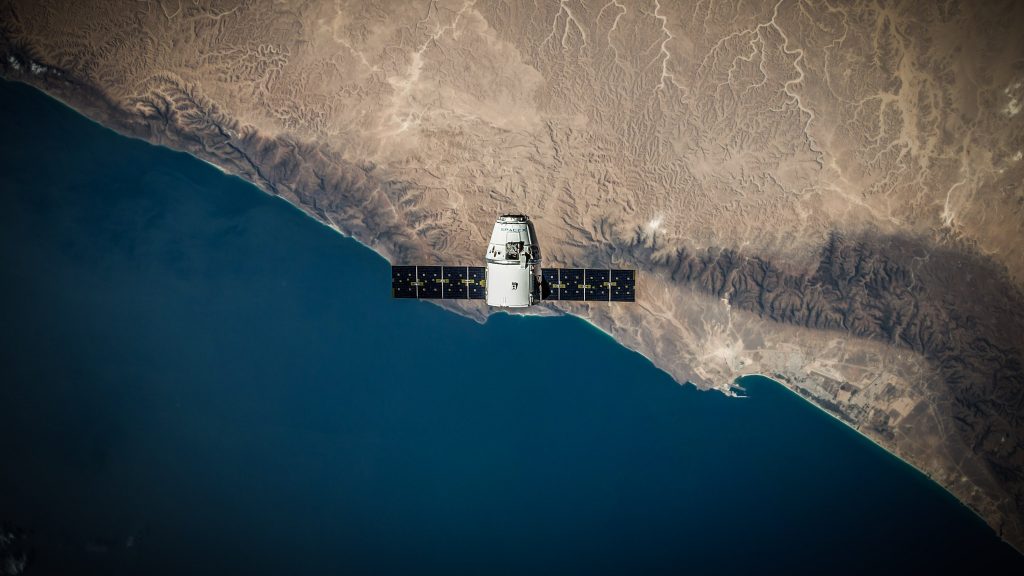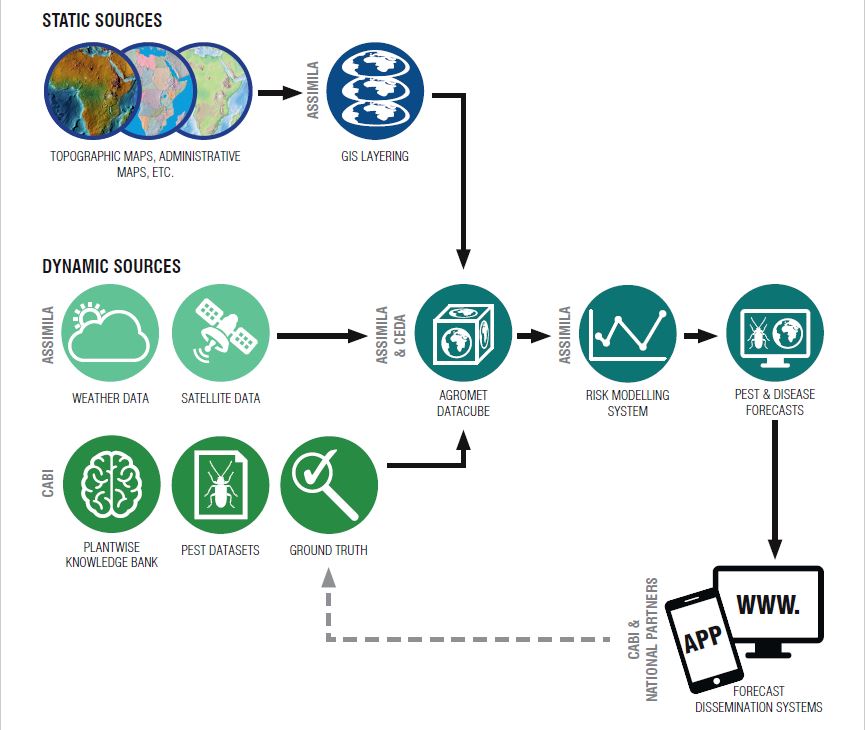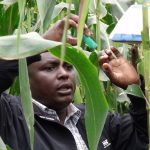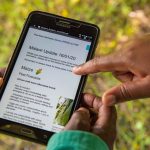
Globally, over 500 million smallholder farmers provide food for two thirds of the world’s population. With 40% of crops lost annually to pests, achieving zero hunger by 2030 depends on increasing the productivity of these smallholders.
We already have weather forecasts, pollen forecasts and UV forecasts, but what if farmers had access to pest forecasts?
At the recent annual ICT4D Conference in Lusaka, CABI’s Global Director for Knowledge Management, Cambria Finegold, gave a talk on the Pest Risk Information Service (PRISE) for Sub-Saharan Africa commenting, “The ICT4D delegates were the perfect audience for emerging technologies like PRISE, understanding the need for the tech and development sectors to work more closely together in order to accelerate progress towards achieving some of the Sustainable Development Goals.”
By combining earth observation technology, modelling pest outbreaks, and real-time field observations, the PRISE project can deliver tailored pest alerts and actionable advice to farmers.

PRISE models risk to crop health from insect pests and diseases based on environmental data. Tailored messages are used to provide a risk assessment to growers in defined regions. Advice and support is offered via the Plantwise networks and other extension services, and subscribers are prompted to provide crowdsourced feedback, which is used to validate the model. This feedback loop provides greater confidence in the forecasts.

The first release of PRISE is currently live and being used by Plantwise plant doctors in Kenya, Ghana and Zambia. Plant doctors receive weekly alerts from a chatbot on the Telegram messaging system, translating risk levels into actionable information about the pest situation in their districts. A few days later, they receive a follow-up message asking for feedback on the accuracy of the model, which is then used to update it and improve the model.
As the system develops more data on pests and crops will be added, new features will be integrated and it will be made available to more users through additional channels. This development is planned over the next few years to ensure that the system is sustainable and eventually able to run independently.
Innovation can provide new solutions and CABI is committed to a continued development of its work with new technologies.



